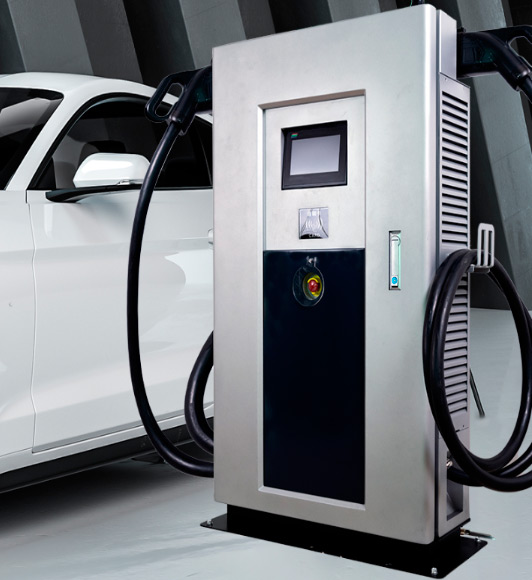Electric vehicle (EV) adoption has gained significant momentum in recent years. As a result, the development of a robust charging infrastructure has become crucial. To ensure seamless integration and interoperability, the standardization of EV charging stations and their construction requirements is of utmost importance. This article provides a comprehensive overview of the standardization framework and construction requirements for EV charging stations.

In order to facilitate the widespread adoption of electric vehicles, it is imperative to establish a set of standards that govern the design, installation, and operation of EV charging stations. These standards play a vital role in ensuring compatibility, safety, and efficiency across different charging networks.
The International Electrotechnical Commission (IEC) and the Society of Automotive Engineers (SAE) have introduced globally recognized standards for EV charging stations. These standards define the technical specifications, communication protocols, and safety guidelines for charging equipment.
1. Infrastructure: The construction of EV charging stations requires proper planning and infrastructure development. Charging stations should be strategically located to provide convenient access for EV owners. They should be equipped with adequate parking spaces, clear signage, and necessary electrical infrastructure.
2. Power Supply: An essential requirement for EV charging stations is a reliable and stable power supply. Charging stations should be connected to the electrical grid with appropriate capacity to handle multiple charging sessions simultaneously. The power supply infrastructure should be designed to ensure optimal charging speed and minimize downtime.
3. Charging Equipment: Standardized charging equipment plays a vital role in ensuring interoperability and seamless user experience. Charging stations should comply with IEC and SAE standards to support various charging modes, such as AC, DC, and fast charging. The equipment should also incorporate safety features, such as overcurrent protection, grounding, and fault detection systems.
4. Communication Protocols: The integration of EV charging stations with a centralized management system is essential for remote monitoring, billing, and data analysis. Standardized communication protocols, such as Open Charge Point Protocol (OCPP), enable seamless interaction between charging stations, network operators, and EV owners.
The standardization and standardized construction requirements of electric vehicle charging stations are crucial for the seamless integration of EVs into the transportation system. With globally recognized standards in place, EV owners can confidently charge their vehicles at any compatible charging station. Additionally, standardized construction requirements ensure the reliability, safety, and efficiency of charging infrastructure. By adhering to these requirements, stakeholders can contribute to the growth and sustainability of the electric mobility ecosystem.